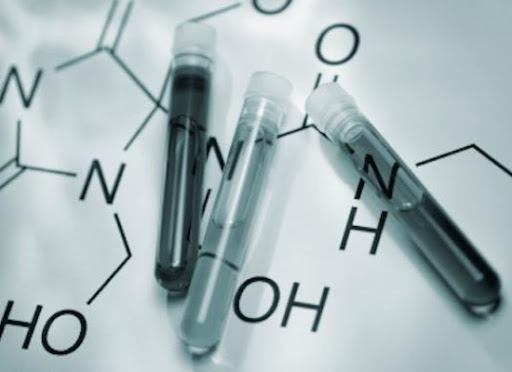

This programme identifies the areas of chemical engineering that are most commonly encountered and are fundamental to its understanding, enhancing process design and operation and enabling fruitful dialogue between the non-specialist and the engineer. Programme examples will be drawn from a range of process industries including the oil and gas processing, petrochemicals and chemical manufacturing industries.
Using case studies from the oil, gas and chemical industry to illustrate the material, participants attending the programme will:
In addition to formal lectures. videos and discussions, the participants will learn by active participation through the use of problem-solving exercises, group discussions and analysis of real-life case studies.
DAY 1 - Process Engineering Fundamentals
DAY 2 - Fluid Flow
DAY 3 - Heat Transfer
DAY 4 - Introduction To Separation Processes
DAY 5 - Process Control & Economics Basics
CDGA attendance certificate will be issued to all attendees completing minimum of 80% of the total course duration.
| Code | Date | Venue | Fees | Register |
|---|---|---|---|---|
| PE138-02 | 11-05-2026 | Kuala-Lumpur | USD 5950 | |
| PE138-03 | 09-08-2026 | Manama | USD 5450 | |
| PE138-02 | 08-11-2026 | Riyadh | USD 5450 |
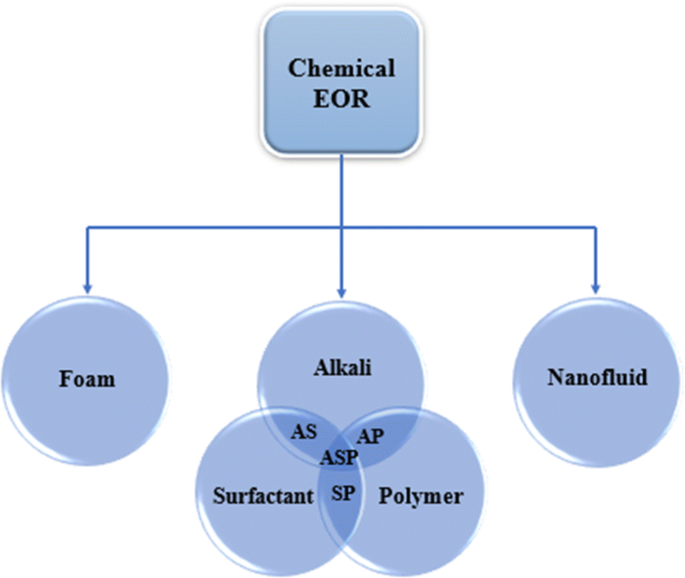
This course will provide comprehensive coverage of all chemical EOR processes. The course materials are based on the instructor’s hands-on experience, personal collection of field cases and learning, ...
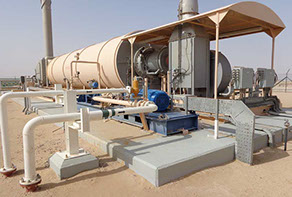
The goal of this course is to provide attendants with solid basics of different aspects, types, and application of the three main types of Enhanced oil Recovery (EOR) processes. The three types of oil ...
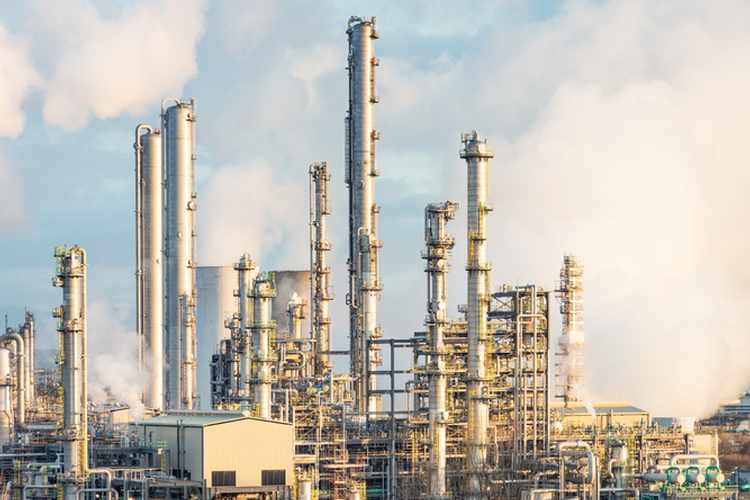
This two part seminar program was designed to serve as a guide to understanding the petrochemical industry. Part one of the seminar program focuses on one of the core building blocks of the petrochem ...
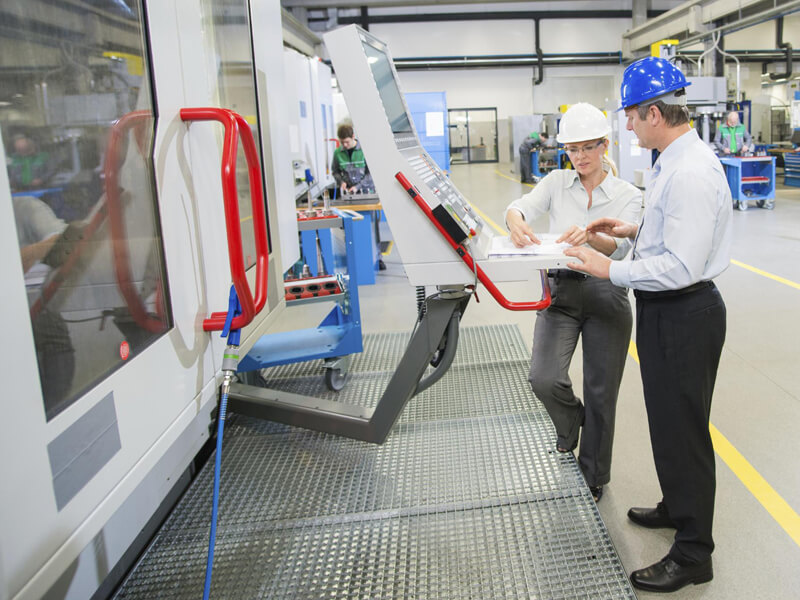
Process engineering is at the heart of much of the chemical, oil, gas, and petrochemical industries. It requires familiarity with chemical engineering principles, but also with many of the other engi ...
Providing services with a high quality that are satisfying the requirements
Appling the specifications and legalizations to ensure the quality of service.
Best utilization of resources for continually improving the business activities.
CDGA keen to selects highly technical instructors based on professional field experience
Since CDGA was established, it considered a training partner for world class oil & gas institution
3012, Block 3, 30 Euro Business Park, Little Island, Co. Cork, T45 V220, Ireland
Mon to Fri 09:00 AM to 06:00 PM
Contact Us anytime!
Request Info